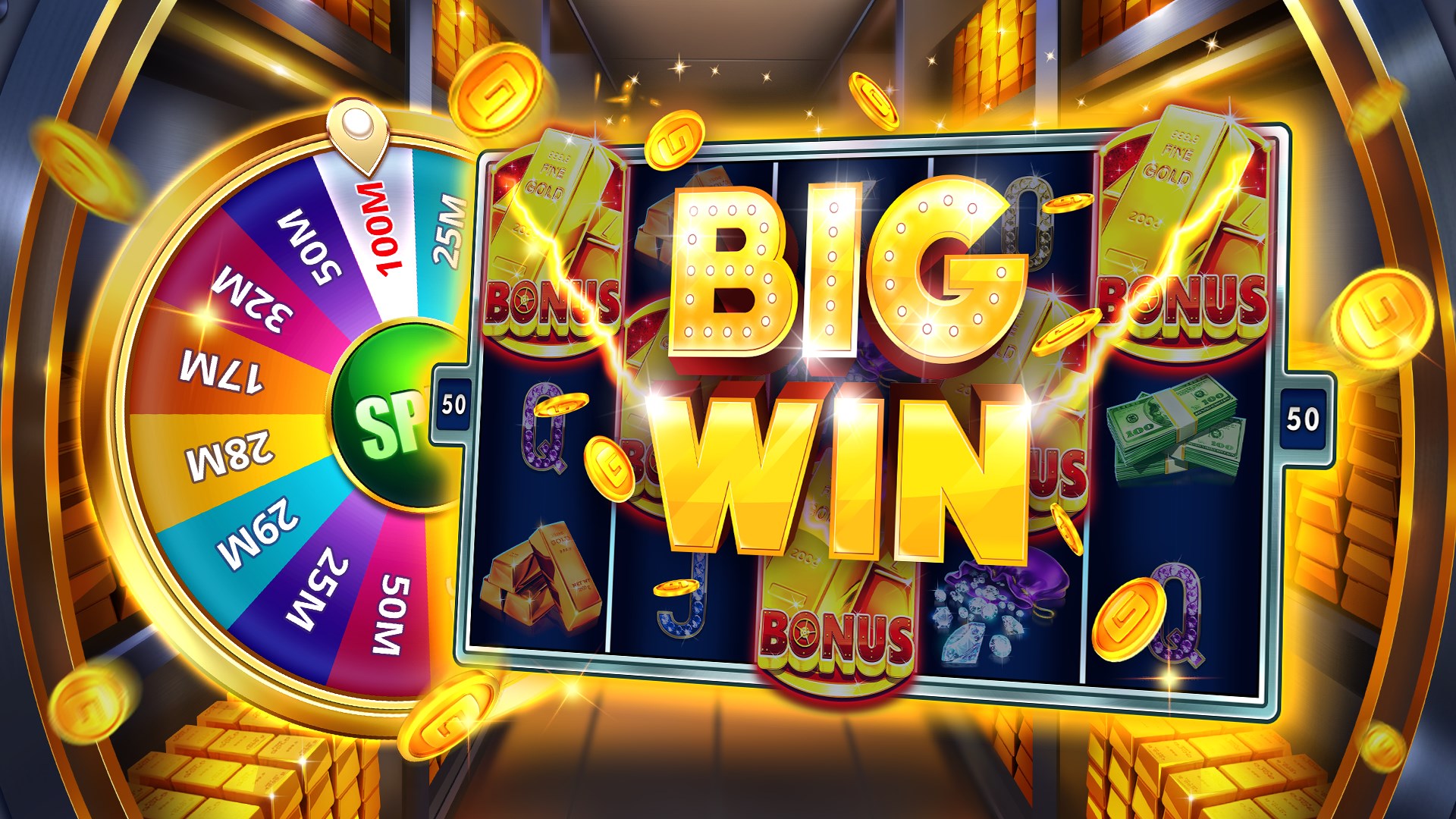The allure of gambling games has enchanted countless individuals around the world for decades. From the whirling roulette wheel to the noise of dealing cards, the thrill of luck and skill blends to create an energetic atmosphere that pulls players in. These entertainments are not just hobbies; they have become an valuable part of the entertainment industry, evolving into a universal phenomenon that encompasses opulent hotels, dynamic online platforms, and all that lies in between.
As the demand for one-of-a-kind and immersive experiences persists to increase, the stories behind the triumph of gaming experiences reveal a fascinating realm. Entrepreneurs and developers are constantly extending the limits of imagination and fresh ideas, resulting in the emergence of new entertainments and interactive advancements. Exploring these accounts provides us a glimpse into what it takes to build a gambling enterprise and the enthusiasm that propels those working behind the curtains.
The Progression of Gambling Games
Casino games have a rich history that dates back centuries, with their origins often linked with historic rituals and communal events. The initial types of gambling can be connected back to ancient Chinese civilization, where dice games were enjoyed, and even to the Roman Empire who partook in betting on different events. Over time, these rudimentary forms of entertainment evolved into better organized forms, culminating in the creation of games such as baccarat and roulette in the 17th century. These early gambling games laid the groundwork for the industry we witness today.
As society progressed, so did the complexity and variety of casino games. The 19th century marked a crucial shift with the creation of official gambling establishments in places like Monte Carlo and Las Vegas. This era saw the introduction of popular games such as poker and blackjack, which enthralled the imaginations of participants around the world. The growth of these games was enhanced by advancements in game design and the creation of gambling laws that rendered the industry more organized and attractive to the public.
The technological revolution in the final 20th and early 21st centuries changed the landscape of gambling options yet again. The emergence of the internet brought about virtual casinos, enabling players to enjoy their preferred games from the comfort of their houses. This shift not only broadened the reach of gambling options but also introduced new formats like live dealer games and mobile gaming apps. Today, the casino game industry continues to develop, with innovative technologies such as virtual reality and blockchain promising transform the future of betting.
Successful Casino Game Development Strategies
The cornerstone of a successful casino game empire lies in the creation of engaging and innovative games that engage players. A successful strategy entails extensive market research to understand existing trends and player preferences. bakar69 slot By analyzing user feedback and watching popular titles, developers can recognize what appeals with players and what features are in need. Adding distinctive themes, multifaceted game mechanics, and visually appealing graphics are vital to excel in a competitive landscape.
Collaboration is yet another key component of winning game development. Bringing together talented designers, programmers, and mathematicians ensures that games are both visually impressive but also fair in terms of gameplay. Encouraging clear communication among team members nurtures creativity and results in innovative concepts. Moreover, connecting with players during the beta testing phase enables developers to gather precious insights that can fine-tune gameplay elements before the official launch.
Lastly, effective marketing strategies cannot be overlooked in building a thriving casino game empire. Crafting a persuasive narrative around the game and utilizing online media platforms to create excitement can greatly impact player acquisition. Offering deals, loyalty rewards, and participating in community events can also enhance player retention. By combining strong development practices with astute marketing, game developers can create an enthralling experience that keeps players coming back for more.
A Prospect of Casino Gaming
The scene of gambling gaming is evolving swiftly, driven by advancements in technology and evolving consumer preferences. Digital and portable play is set to dominate the industry as more players seek ease and access. Augmented reality and augmented reality are also integrating into the gambling experience, providing captivating settings that elevate traditional gaming to a new standard. As players crave more interactive and engaging interactions, casinos will need to adapt and evolve to keep their customers engaged.
Additionally, the incorporation of AI tech and information analytics will play a crucial role in shaping the future of casino gaming. Casinos will utilize information to comprehend player actions, customize interactions, and enhance customer service. Personalization will become important, as gamblers will expect games that adjust to their preferences and gaming habits. As the gaming industry utilizes these insights, the creation of new play types and features will likely appear, keeping the gambling experience new and thrilling for everyone.
Moreover, the movement towards safe gaming is becoming increasingly important. As regulators and players focus more on player well-being, casinos will need to adopt measures that promote responsible gaming practices. This could include features that allow players to set boundaries on their spending and playtime, as well as better resources for those who may be dealing with gaming issues. By prioritizing responsible play, casinos can establish trust with their clientele and ensure a viable future in the challenging environment of gambling gaming.
